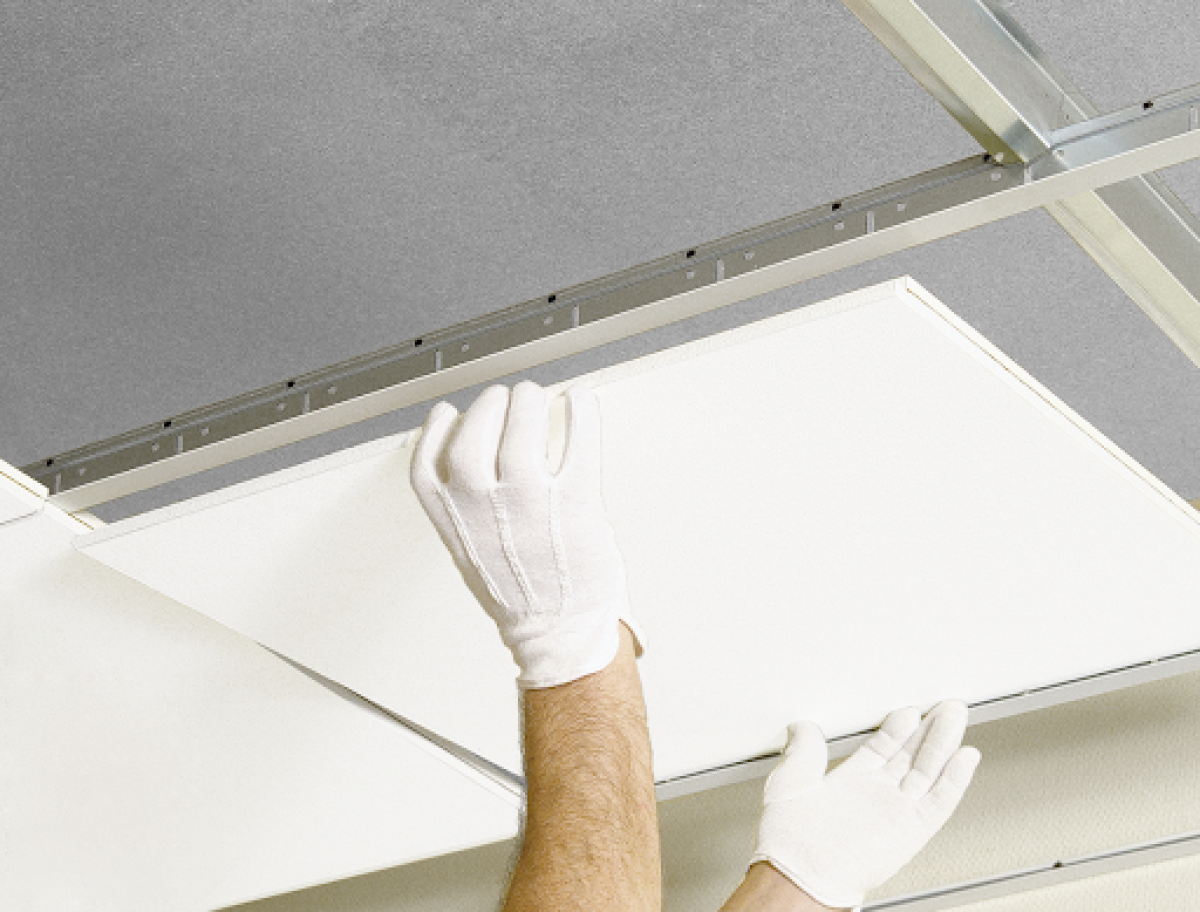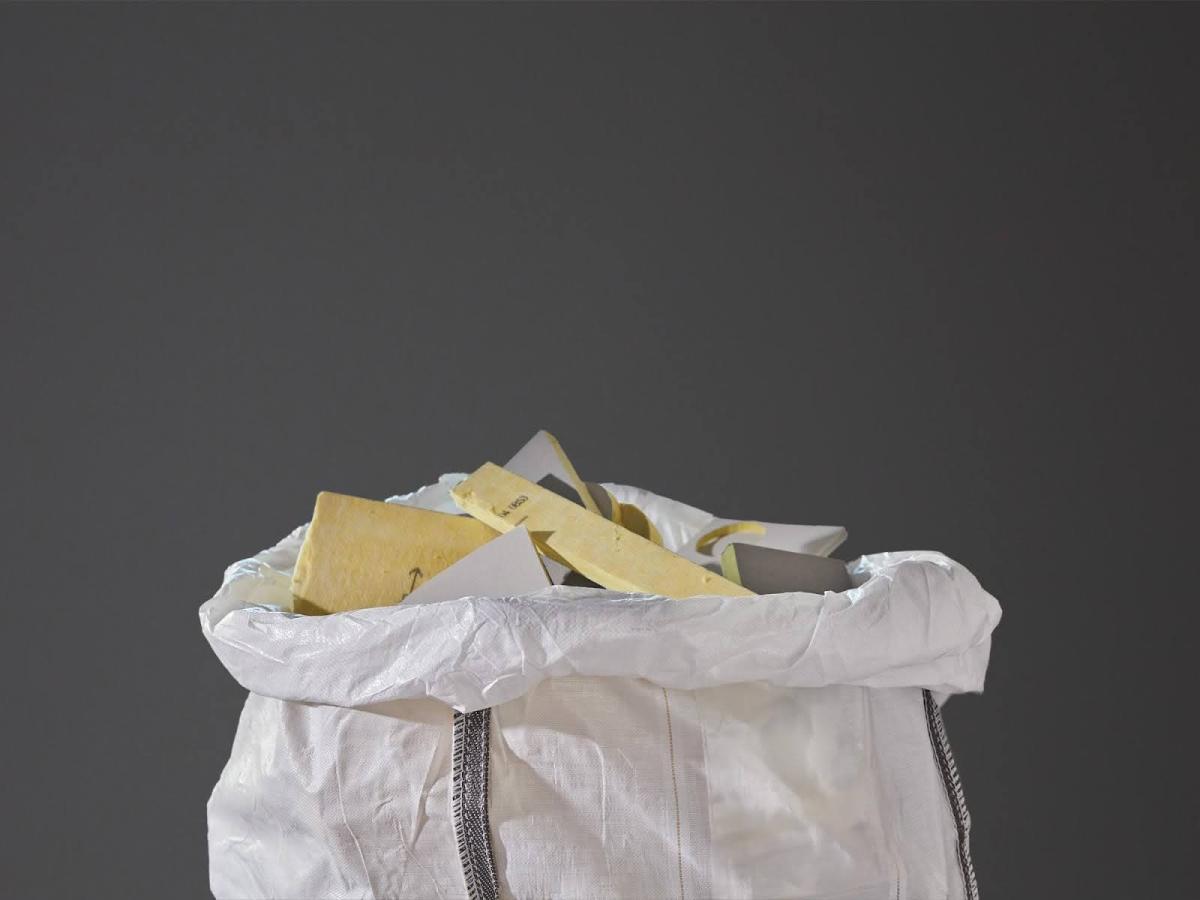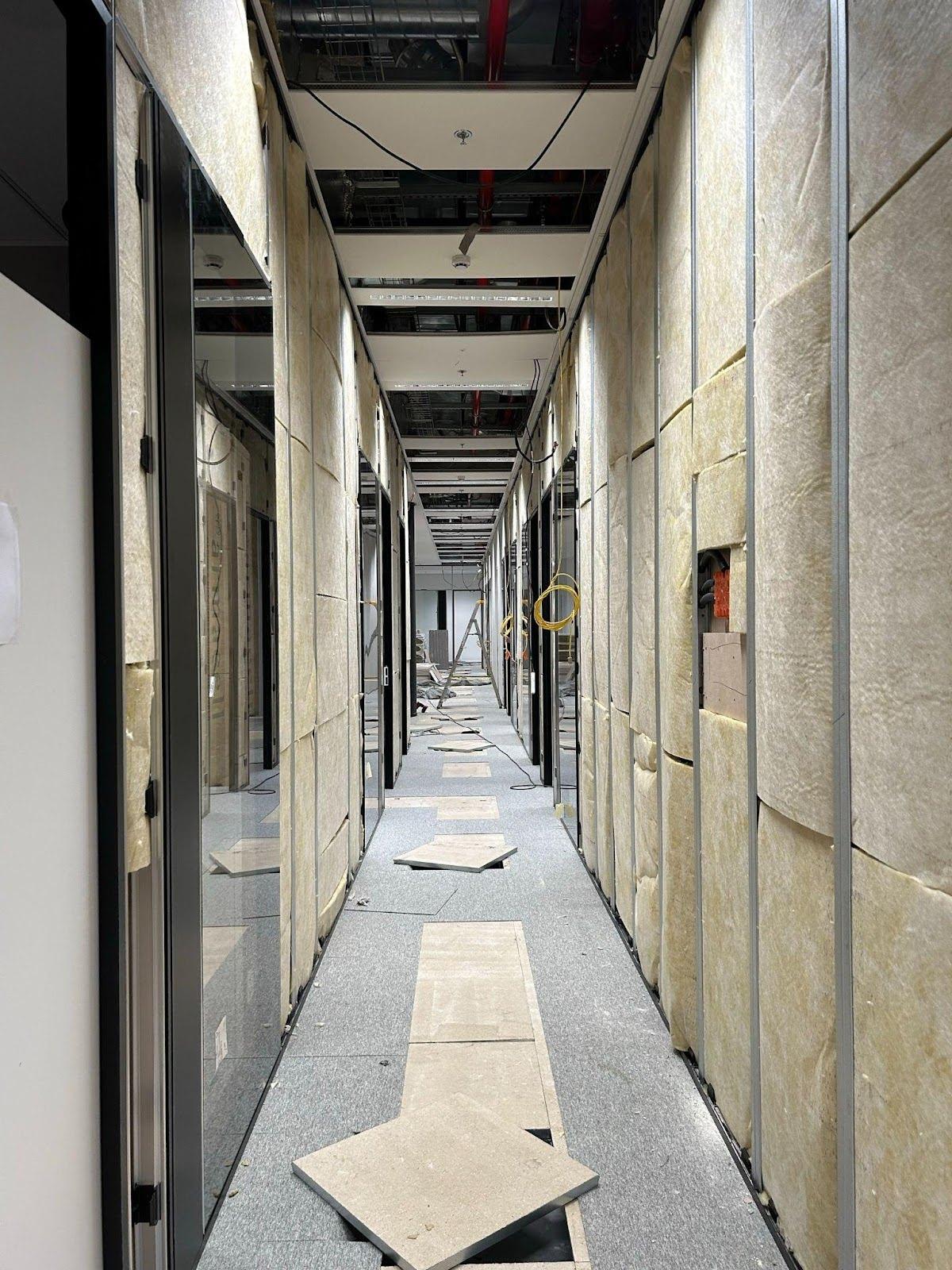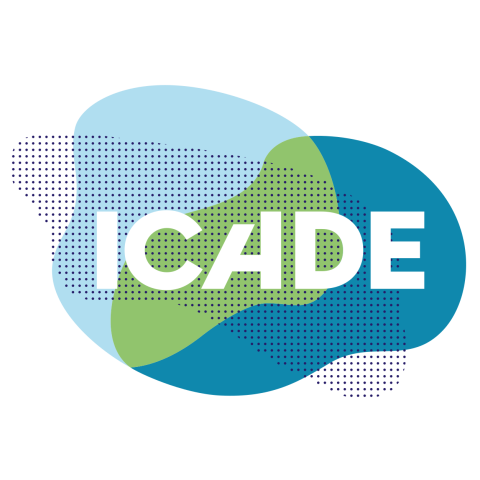Drastic Demonstrator: Saint Denis, France
The French Demonstrator aims to prove the potential for the reuse of interior space plan products within office retrofits by identifying a circular business model that allows fast market uptake and positive environmental impact.
To reach this goal, Saint-Gobain Solutions France, Coramine, and Ecophon will collaborate with Icade to test the reuse of ceilings and partitions in an office building in Paris, France.
In addition, Saint-Gobain Research Paris will play a key role in coordinating the involved entities in the technical development of tools to ensure on-site diagnosis and correct performance of solutions, as well as in assessing their social acceptance.
Streamlining circular processes: quality checks, remanufacturing, and multi-cycle traceability
As part of this Demonstrator’s work, interior space plan products will be assessed for reuse via technical, acoustic, and indoor air quality checks. This process will facilitate on-site material diagnosis, including dimensions, first visual checks and an automated reuse potential assessment. The materials deemed fit for reuse will then be selectively dismounted, packed, and transported to another location for further checking/testing (acoustic, aesthetic, etc.). The project aims to properly define this second quality checking phase and how it can be performed at an industrial scale.
Depending on the quality check results, some product components will be partly remanufactured (cleaned, cut, and painted). Once these steps have been completed, the quality of the product will be reassessed for a third time to understand the impact of reprocessing on the technical properties of the material.
The ceiling tiles and partition walls will then be tagged for multi-cycle traceability and re-installed at the French Demonstrator site, complemented with new elements, if required, to complete the design. The final installation will be assessed from a technical and social perspective and hopefully form the basis for a new circular office retrofit business model.

A ceiling tile being removed for re-use
Impact of French regulations on building material reuse
The work of the French Demonstrator is important, as two recent regulations in France will impact the potential of reused materials in the near future.
Firstly, under new French regulations, new buildings must calculate their carbon footprint per square meter. In these calculations, reused products account for zero kilograms (kg) of carbon dioxide equivalent (CO2-eq) per square meter. Reusing products in buildings becomes, therefore, a competitive advantage.
Additionally, the new Extended Producer Responsibility law demands increased product reuse, reaching 2% of total reused products by 2024 and 4% by 2027.
Both regulations strive to achieve the same joint goal: increasing decarbonisation, sustainability, and circularity within the French (and wider European) building market.

The French Demonstrator aims to reuse materials that would normally be sent to landfill
Overcoming barriers to material reuse
Reusing materials requires new methods for selective disassembly and quality testing to ensure high-level product performance and to effectively match demand and supply.
During the first quarter of 2024, the French Demonstrator carried out a ceiling dismantling test and is now starting to analyse some ceiling plates in their laboratory. This Demonstrator is also currently involved in workflow mapping, so the book of specifications for data collection can be set and gaps in existing tools to support future circular business models can be identified.

Example of office partition walls that will be utilised within the French Demonstrator
Transforming office retrofits: the role of material reuse in European decarbonisation
The retrofit cycle in office buildings is six years on average in the Parisian area, with the majority of ceilings and tiles being landfilled or incinerated for energy recovery at the end of their life. Reusing these internal space plan articles at a large scale could support the necessary decarbonisation of the European built environment and a transition to using more circular practices within the office retrofit sector.
The French Demonstrator aims to address the following areas in scaling up the reuse of interior space plan products:
- Creating historic product information and data flows
- Quick on-site diagnosis and selective dismounting of products
- Responsibility, quality and product warranty
- Logistics
- Matching supply and demand
- Creating a sustainable and cost-effective business model
- Address reluctance to change practices across the whole value chai
- Life cycle assessments, including multi-cycle life at the product and building level









